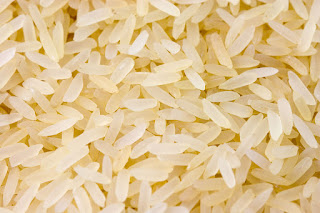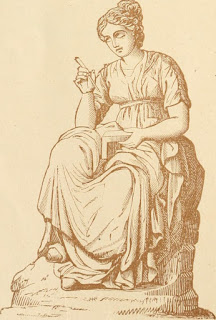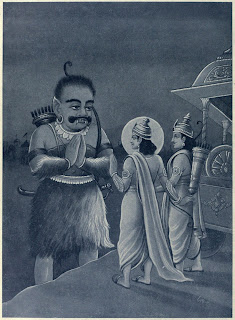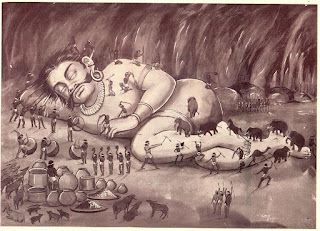Week 10: Reading Notes A- Jataka
What is a Measure of rice?
Image Details: Rice, Source: Public Domain Pictures
In this jataka, a dishonest king calls a valuer to
his court in order to set prices for specific commodities such as horses,
elephants, gold, etc. However, the valuer was an honest man which upset the
king as he wanted to gain more riches without paying as much for them. So, the
king fired the honest valuer and appointed a peasant man in his place as he
thought that he could manipulate him in order to gain more riches for his
kingdom. Since the peasant did not know the value of the commodities being
sold, he chose whatever price he saw fit and the people had to sell their items
at that price. One day, a horse seller comes to the kingdom to sell
five-hundred horses. The peasant tells him that they are worth a measure of
rice. The horse seller is shocked at the price and visits the honest valuer to
see if he could help him.
The honest
valuer tells the horse seller to take a nice present to the peasant and ask him
if he would come to the palace with him to see the king. Then, the honest
valuer tells the horse seller to have the peasant tell what a measure of rice is
worth in front of the king’s court. The horse seller believed this to be a brilliant
idea and visits the peasant with a gift. The peasant agrees to go with the
horse seller to the king and explain what a measure of rice is worth. When in front
of the king, the horse seller tells the king that the peasant had set the price
for selling his horses at a measure of rice; however, he doesn’t know what a
measure of rice is worth. The king asks the peasant to answer the horse seller’s
question. The peasant replies by saying that a measure of rice was worth the
entire city. The king is shocked by the peasant’s answer and the king’s court
begins to laugh at the foolish valuer. The peasant is then driven out of the city
by the king.
This jataka is really interesting as it encompasses
several messages. The concept of Karma is prevalent in the story as the king
had fired the honest valuer and replaced him with a foolish peasant. In the end
of the story, it is the foolish valuer that the king had hired that caused him
ridicule and embarrassment. Another concept found in the jataka was the value
of honesty. If the king had chosen to be honest and respect the honest valuer,
he would have never been as embarrassed as he was at the end of the story. I
really liked this jataka and the messages behind it. It was very simple, but
really effective with its message.
Bibliography: Babbitt, Ellen C. The Measure of Rice, 2019.




Comments
Post a Comment